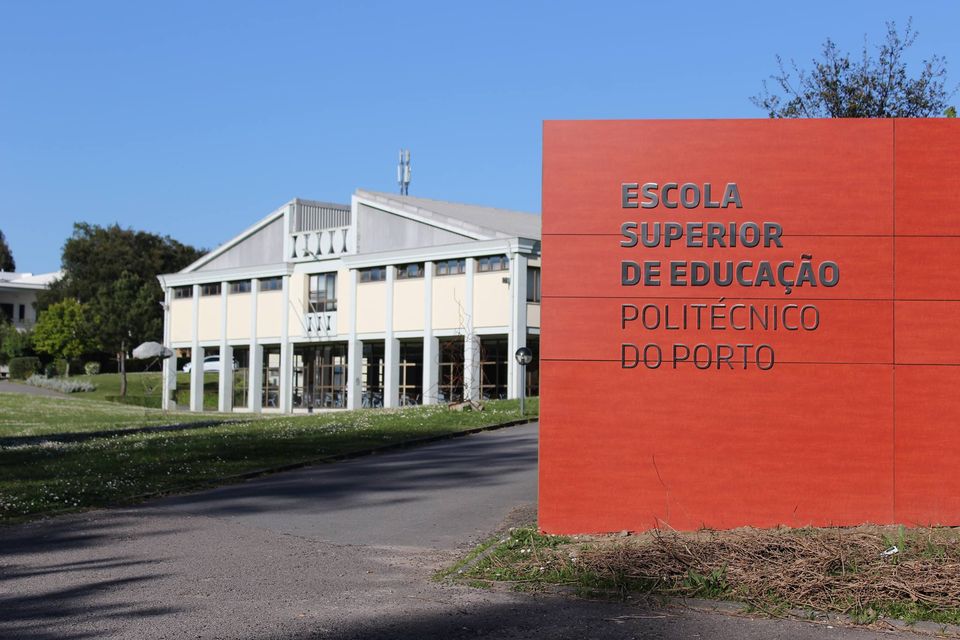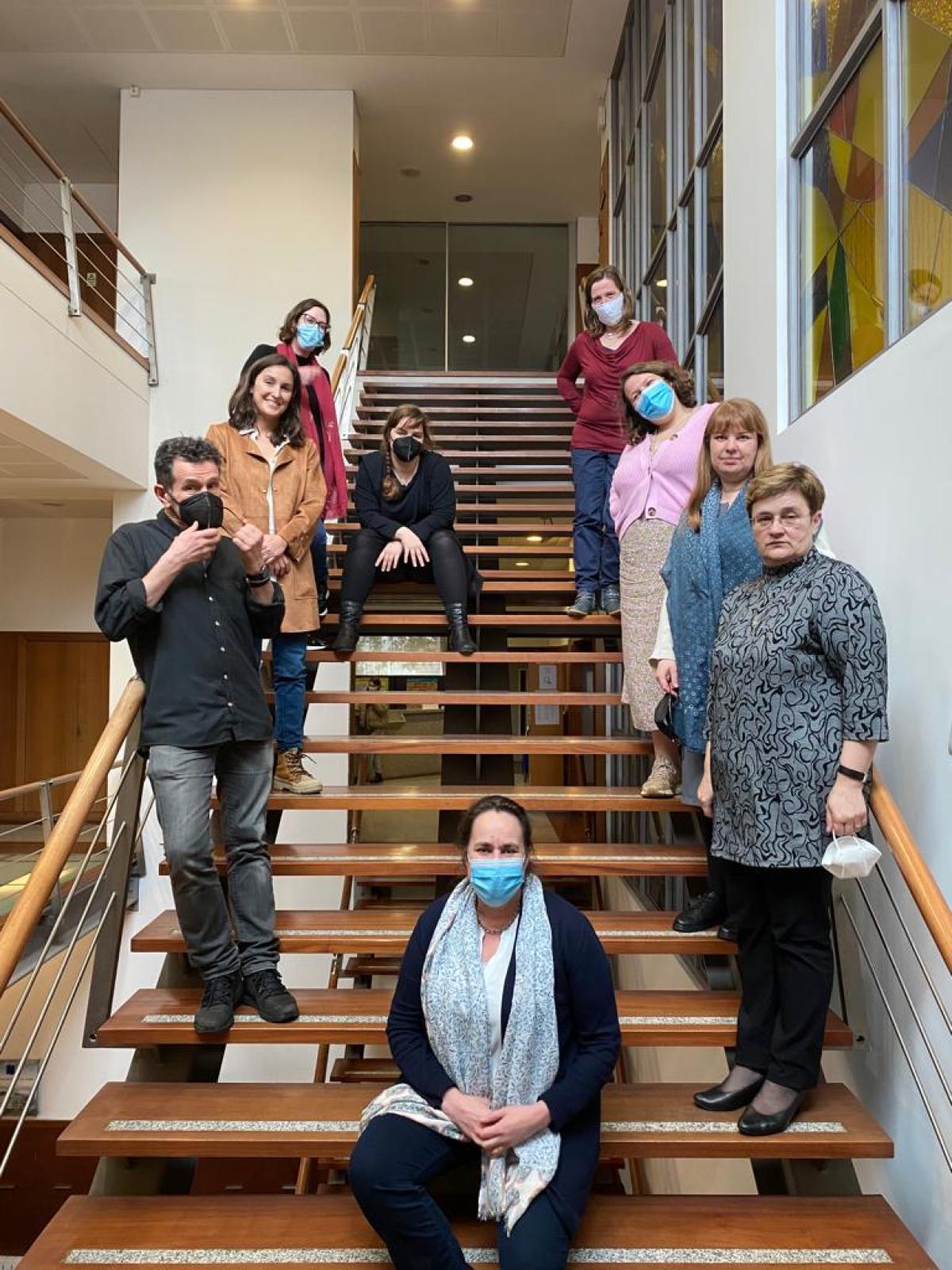Porto Polytechnic Institute – Getting on track for an effective professional development for inclusion!

The ProuD’ Portuguese Team – composed by Manuela Sanches-Ferreira, Mónica Silveira-Maia, Sílvia Alves and Teresa Aguiar – is from the School of Education of Porto Polytechnic Institute (IPP). Our School’ Department of Special Education and Inclusion has a history of more than 30 years on working and preparing teachers to respond to learners’ diverse needs.
Placed inside a beautiful building surrounded by gardens in Porto (PORTUGAL), the work goes much beyond the Institute’s classrooms, to be extended to the schools in which the teachers are working in.
That community extended service is provided in the scope of our Support Unit for Inclusive Schools (called UAEI) that works in the interface between training programs and field-based inquiry practices.
A significant part of our courses is made of field observations and of facilitating problem-solving processes to dissolve or remove barriers to the social participation and the academic achievement of learners with additional support needs. Teachers’ skills, experiences and dilemmas are the feedstock for critical reflections and for enacting and expanding existing competencies and environmental resources.
Another important feature is that our courses are commonly attended by professionals of different disciplines, including teachers, psychologists, therapists, sign language translators and social workers.
That enables to build a transdisciplinary view over challenging educational situations and to promote collaborative ways of working.
How to be focused on the challenges of the 21st century classrooms and how to support effective professional development strategies are the permanent challenging questions for us and for any other
institution working towards teachers’ professional development for inclusion.
In ProuD project we sought to find out the research-based good practices for implementing professional development programs with an impact on teachers’ competencies for teaching all learners.
On that track, professionals’ needs for strengthening own practices towards an inclusive pedagogy were also investigated. A self-reflective tool was produced based on the Profile of Inclusive Teachers (EASNIE, 2012), leading professionals to identify priorities for their own professional development.
From the intersection of the research with the professionals’ needs, recommendations for promoting effective professional development for inclusion were drawn.
Hopefully those resources can help you on reflecting and on planning your own and your school community’s professional development!
The Portuguese Team
Centre for Research and Innovation in Education (inED)
